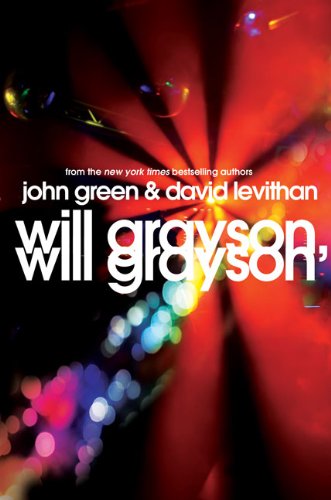The book is steeped in nostalgia for a time and place that I romanticize on a daily basis. Paul’s haunt is the Bay State, an old bar I’d always heard about but never got the chance to visit; it was renovated and transformed from dive to hotspot before I turned 21. As featured in Fountains of Wayne’s “Valley Winter Song,” I think of the Bay State as a fantasy home-away-from-home in a place I can no longer accurately call home. Nelson depicts the Bay State as a den of alcoholism and stunted growth but also a place where nobody will judge you, everybody will be your friend and everybody knows your name. The bartender, Silent Neil, hasn’t uttered a spoken word since Game 6 of the 1986 World Series. It’s lost in the past; it’s where you go to lose yourself in the past.
Paul is a struggling writer and serious alcoholic, hoarding nips in his suitcase from his flight to Minneapolis, where his father has been laid up in the hospital after a stroke. He’s a childless divorcé, the black sheep in his family and he openly shares his girlfriend with another man. The only rock in Paul’s life is Stella, who is half-German shepherd half-yellow lab. At sixteen, Stella is beloved and ancient.
When they’re alone together, Paul and Stella converse in spoken English. This sounds like a gimmick but it never reads like one: Stella is the novel’s anchor as much as she is Paul’s, and she might be the most honestly, realistically developed character in the book. Stella’s demeanor is a comforting mixture of the ceaseless loyalty and charming naivete of Up’s Dug and the dry maternal sass of someone like Susan Sarandon. Her dialogues with Paul function as a device for him to work out his problems but they’re also a matter-of-fact portrait of friendship and co-dependence. On the first page, as Paul returns home from the bar in the midst of a snowstorm, Stella says to him, “I thought you were dead.” It’s a foreboding statement but it also lays the concrete for their relationship. Stella is a protective force and a symbol of every best intention.
With his father nearly paralyzed from stroke and Stella unable to climb the front steps, the shadow of his divorce and professional failure are almost small potatoes to Paul. It’s easy to understand why he drinks. The story is a by-the-numbers redemption arc, but at a swift 250 pages it never feels self-indulgent. Rather, it feels non-fictional. It feels honest.
Inevitably, I think of a night I spent with my then-girlfriend in an animal hospital five years ago. Her dog, Lucky, was there under dire circumstances and wouldn’t make it to the next morning. In the waiting room of an emergency veterinary clinic late at night, you will find only sad faces, and two particularly stuck with me from that night. One was a muscular thirty-something man dressed in Carhartts and the other was my girlfriend’s father: both the strange and the familiar were red-faced pictures of deep masculinity wounded to the core by a dying puppy. I Thought You Were Dead is a story of the fragility of masculinity.
Paul has never felt quite “man” enough to meet the requirements of adult life: he’s consistently losing to his war veteran father, his successful lawyer brother, his ex-wife’s new fiancé, his new girlfriend’s other boyfriend. In the course of the novel he will break out of his inertia and achieve peace – this is the clear path from the start. Nelson’s great achievement, though, is not the ending but the course he takes to get there. Rather than build a false optimism for the future (he comes close), the concentration is on putting your demons to rest. A necessary first step.
Paul’s (and Pete’s) Northampton is a waiting room, a place where you can drown your sorrows (or soak them, at least, as Paul suggests at one point) but also where you’ll have the time, the space and the community you need to work your problems out. Northampton, like a great dog, has stuck by me and made me the man I am (or try to be) today; it seems to have done the same for Pete Nelson and his fictionalized alter-ego. And like a beautiful hometown, a great dog is going to stick with you long after terrible circumstance has pulled you apart. I Thought You Were Dead is a dirge, an ode to the hazy, drunken past. Or at least, that’s what it is to me.
•••••
Todd Detmold, a native of Northampton, Massachusetts, enjoys comfortable, stable relationships with his family, his loved ones and the bars of his beloved hometown. To contribute a review or other literary musings to Attic Salt, e-mail atticsaltblog@gmail.com.























